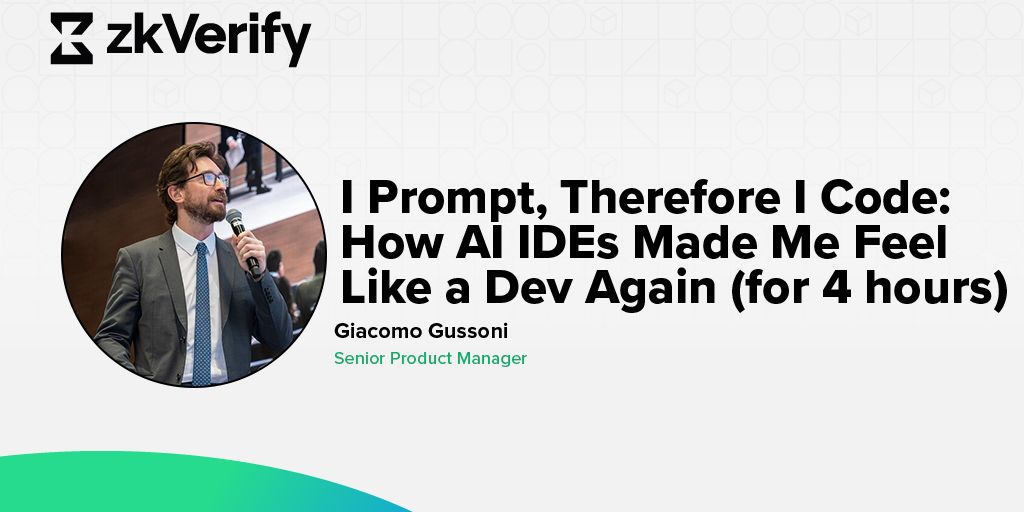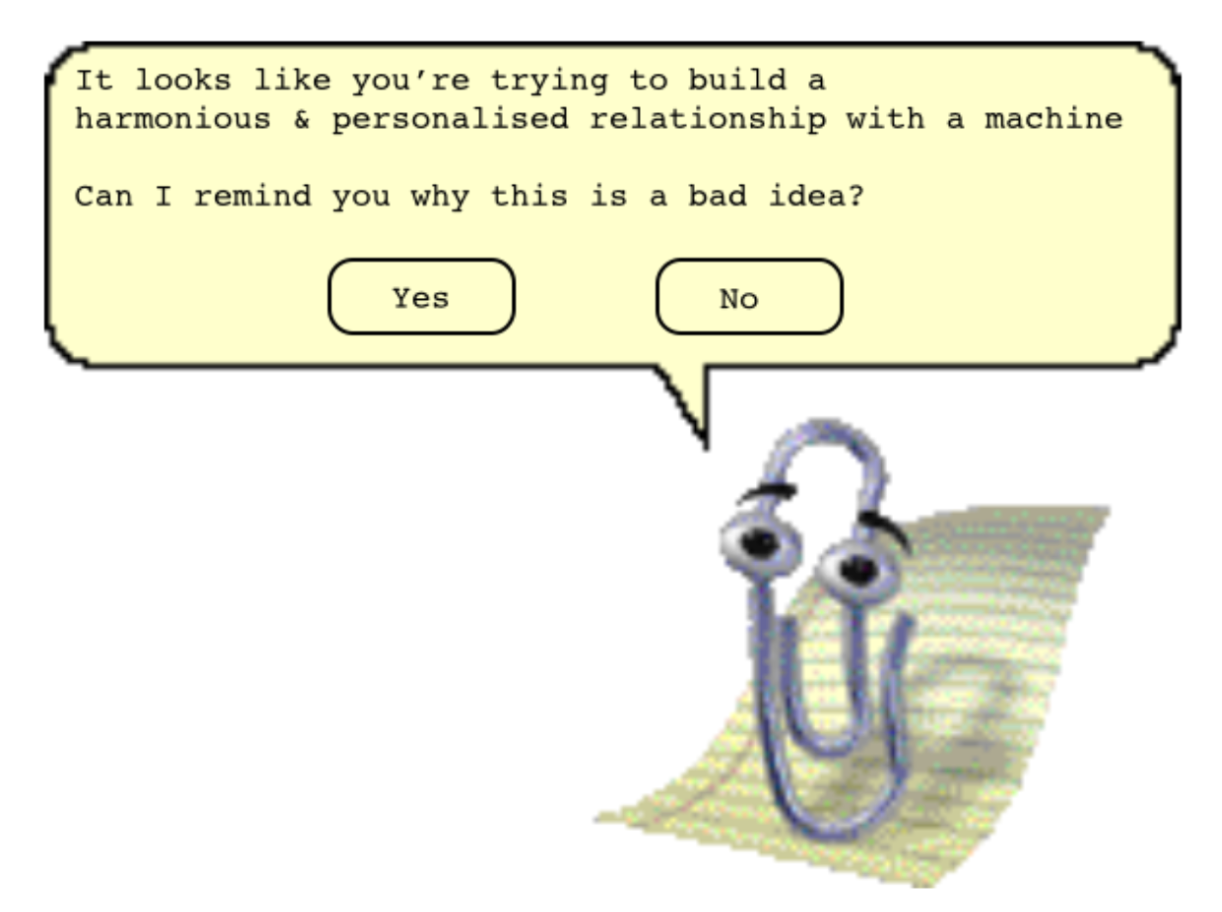I Prompt, Therefore I Code: How AI IDEs Made Me Feel Like a Dev Again (for 4 hours)

Back to the Future
It had been a while, years really, since I last seriously coded. In the early days of my professional career, I was immersed in the usual suspects: Java (hello Spring and its friends), some good old SQL, and then, inevitably, frontend frameworks. Angular won my heart for a while.
What made it fun? It wasn’t about how many keywords you could recall or how fast you could type. The exciting part was always the architecture, the design thinking, the reusable components, the puzzle of turning logic into experience…
The Slow Drift
As time passed, my day-to-day changed. Presentations started to outnumber code reviews. And somewhere along the way, Google Sheets and Slides became my new tools of trade.

One day, a simple frontend need popped up for a project, and I thought, Why not dust off the old skills? Six hours later: compilation errors, confusion, a blank screen, and a creeping sense of shame. The frameworks had evolved, my memory had not. I gave up. I didn’t have time to re-learn it all from scratch.
Remember Clippy? He’s Back. And He Codes Now.
Then came the AI craze of 2025. Agents everywhere. AI copilots. AI this, AI that. Honestly, I was skeptical.

AI wasn’t some divine revelation. It’s more like an evolution. We’ve had smart assistants forever. Remember the MSN Messenger bots? Or Clippy, the “It looks like you're writing a resume” guy? We've just… improved the interface. And maybe the IQ.
Now people don’t even bother Googling errors, StackOverflow feels like a ghost town. Why wade through dozens of answers when your AI just fixes it for you?
But still. The idea of an IDE where you don’t code, but just prompt? It sounded like science fiction.
The zkVerify Frontend That Made Me Believe
Then came the real-life use case. I was working at zkVerify, a layer-1 blockchain built to verify massive zk-proofs efficiently. Its token, $VFY, had just been bridged to EVM chains thanks to the amazing work of our engineering team.

It worked. It was clean. Well documented. But asking users to interact with the bridge via the command line or API? Meh. We needed something easier. A UI.
So I gave the AI IDE a shot: Cursor + Gemini 2.5.
I started with Angular (old habits die hard): “Create an Angular app that does [X].” Cursor responded. I asked it to tweak buttons, adjust logic, move components. But 40 minutes in, it began breaking more things than it fixed. I had to admit what I already suspected: Angular just wasn’t the best fit anymore.
I Googled around. And sure enough, React had won. Easier, more resources, better support. I switched.
The “Okay... This Is Real” Moment
I got to work, prompting my AI agent with specific requests: build this component, connect this logic, deploy it here. And within four hours, boom. It worked. I had a fully functional, decent-looking frontend deployed and live.

You can try it out here. Seriously, give it a spin. You have to get your hands dirty with the blockchain parts. And learn more about what we’re building at zkVerify while you’re at it.
But Wait, Was This Cheating?
Nah. Let me explain.
Using AI to code isn’t cheating any more than using React instead of raw JS was.Think about it: we’ve always looked for ways to abstract complexity. We moved from static HTML to template engines, to component libraries, to full-blown frameworks. Was using Bootstrap cheating? Was switching from jQuery to Vue a betrayal? Of course not.
This is just the next layer of abstraction. Instead of libraries, now we’re working with language. The better you can articulate what you want, the more productive you become. Can you architect at a high level? Can you iterate in real time with a machine that’s surprisingly good at guessing your intentions?
The Shift Is Real, and It’s Here to Stay
In the realm of user-facing components, where performance isn’t the bottleneck, this experience flipped a switch for me. The required skillset is evolving. It’s no longer about memorizing syntax or knowing every quirk of a framework. It’s about clarity of intent, translating high-level ideas into working products, with a bit of help.
We used to see code as a craft, something you refined line by line, with precision and patience. But with AI in the loop, it’s transforming into something else entirely: a creative medium.
The barriers are falling. The on-ramps are multiplying. And the most important capability today? A clear vision, and the curiosity to experiment.
Because if you can describe it, you can probably build it.